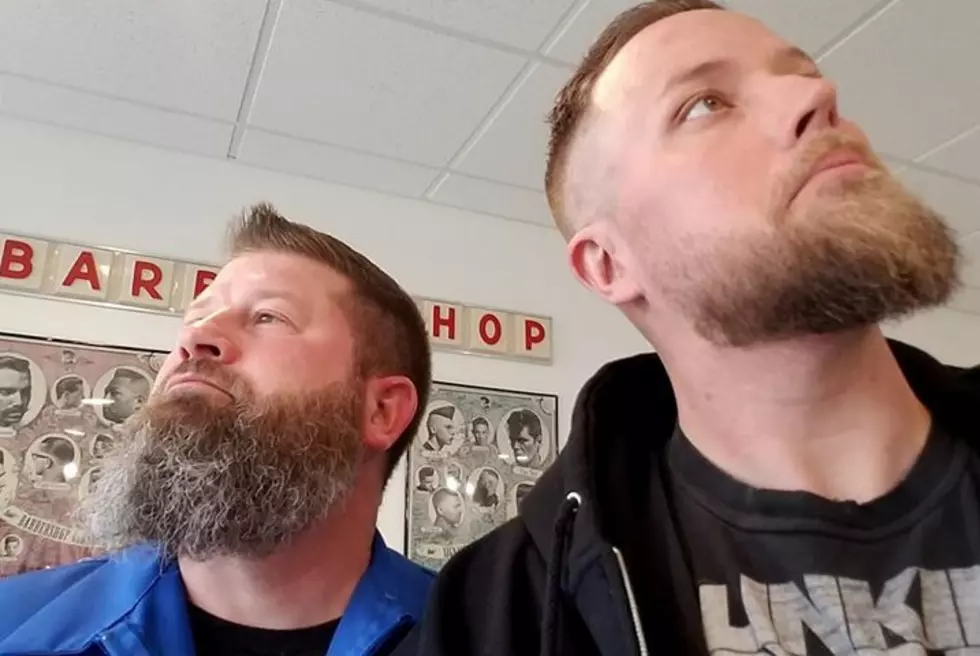
Lzzy Hale on Rob Halford’s Coming Out: ‘He Changed the Game’
Loudwire is counting down the biggest moments in metal and hard rock, stretching from the dawn of Black Sabbath to the genre's promising future. Here, we take a look back at the moment when Rob Halford revealed his sexuality in an interview with MTV.
Judas Priest frontman Rob Halford’s sexuality was no secret among metal insiders through the ‘70s and ‘80s. There were enough hints in both his attire and his lyrics, but most fans weren’t aware that he was a gay man. That changed in an interview with MTV in 1998 promoting his 2wo project, when he said: “I think that most people know that I've been a gay man all of my life and that it's only been in recent times that it's an issue that I feel comfortable to address, and an issue that has been with me ever since recognizing my own sexuality.”
The importance of that moment is difficult to gauge: while Halford downplays it, in all likelihood, it made a huge impact. As Halford has often noted, he hasn’t felt much backlash. In a Fox Sports Radio interview, he said, “I'd never seen such an outpouring of love from people in all my life — the letters, the faxes, the phone calls from everybody in the metal community: 'Rob, we just don't care. We want you to be who you are. We want you to sing those songs. We wanna come see you.' And that was a tremendously uplifting moment for me. And it was also a tremendously uplifting moment for metal.”
In 2018, this probably would not be a big deal. But for metal fans in 1998, this may have been the first time they were aware one of their favorite artists was gay. And that would likely make it hard to harbor any homophobic feelings, even if they had them previously. If you’d been a Judas Priest fan for a decade, you couldn’t turn back now.
Lzzy Hale of Halestorm agrees. She tells Loudwire, “Regardless of what your views [on LGBT people] might have been, there’s no denying Rob Halford. He definitely changed the game with that [interview].”
Today, many metal fans will claim not to care about the sex, sexuality or skin color of any given artist who they listen to. But metal has always been dominated by mostly straight white men. Which isn’t to say that there were no women, no people of color and no one from the LGBT community in metal. But Halford’s coming out let LGBT people know that they’d be welcomed.
Hale says, “I don’t think he realizes how inspiring that must have been for so many young metalheads that were gay and maybe afraid to tell anyone. At the time when he came out, the genre was very much viewed as very hetero. So, here’s the most badass singer, a poster child for metal, and he’s being unapologetically himself, and not being afraid to make himself happy and to tell everybody about it. I thought that it was very brave, and probably the most rock and roll thing he could have done.”
She adds that representation is, indeed, important: “I know that representation made a difference for me, when I started seeing Joan Jett and Pat Benatar and Ann Wilson from Heart, because it was like, ‘Oh wow, girls can sing like that!’ It told me that there was a path for me.” And with one MTV interview, Halford let metal’s LGBT fans know that there was a path for them.
More From 96.3 The Blaze










